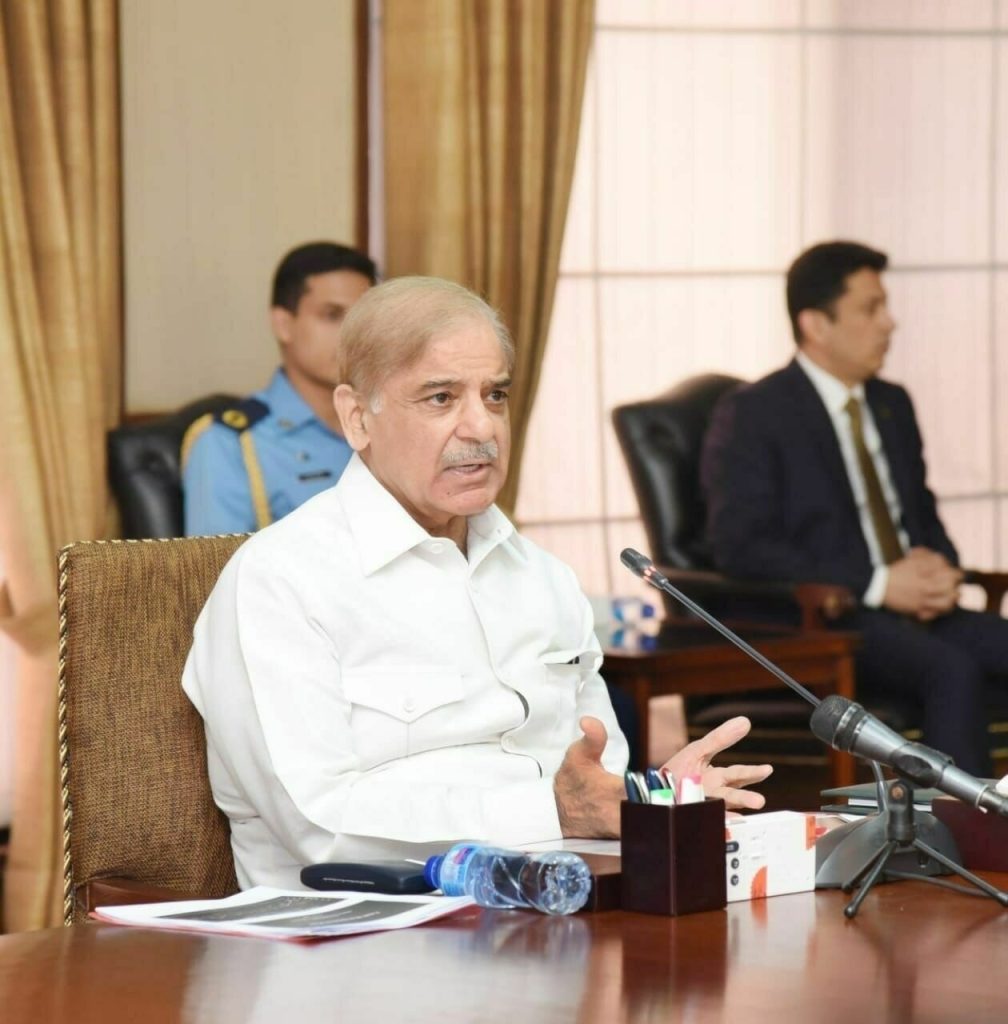The National Security Committee has resolved to restructure the federal and provincial anti-terrorism systems.
The choice was made on Friday in Islamabad during a significant National Security Committee meeting that Prime Minister Shehbaz Sharif presided over.
The group took stock of the nation’s general law-and-order situation and resolved to do all in our power to protect people’s lives and property.
The gathering resolved to establish a prime minister-led apex committee at the federal level.
The group will evaluate the current counterterrorism system and determine how to make it more effective.
The National Counter Terrorism Authority (NACTA), which would collaborate with the provincial Counter Terrorism Departments, has been decided to be revived by the conference.
The China-Pakistan Economic Corridor (CPEC) projects would be completely secure thanks to the effective measures that were adopted during the conference.
The meeting’s attendees recognized the importance of all law enforcement agencies, including the Pakistan Army, Rangers, and police, in maintaining national security and defending the nation. They also paid respect to the officers and jawans who lost their lives while defending a noble cause.
The participants paid tribute to the martyrs’ families and noted that by their sacrifices, the martyrs had left behind them magnificent tales of bravery and heroism.
They reaffirmed their commitment to upholding the value of the martyrs’ sacrifices.
The country and state institutions were declared to be unified and to speak with one voice for defending Pakistan’s territorial integrity, preserving the lives and property of its residents, upholding the rule of law, and carrying out the state’s writ.
The NSC promised that the nation as a whole is unified in its understanding of the aforementioned goals, whose accomplishment will be secured at all costs.
The gathering examined the occurrences that threatened peace and order in various regions of the nation, particularly Swat, expressed sympathy to the impacted families, and prayed for the souls of the deceased.
The ruling class made it clear that every Pakistani’s blood was priceless and that anyone found guilty of spilling it would face severe punishment.
Senior authorities, including federal ministers, heads of sensitive institutions, and leaders of the services, attended the meeting.
Mohsin Dawar, a member of the National Assembly, and Mian Iftikhar Hussain, the head of the Awami National Party, were also there.
Information in this article comes from third party providers. This website does not provide explicit or implied warranty for such information and is not liable for any losses directly or indirectly caused by using such information.

